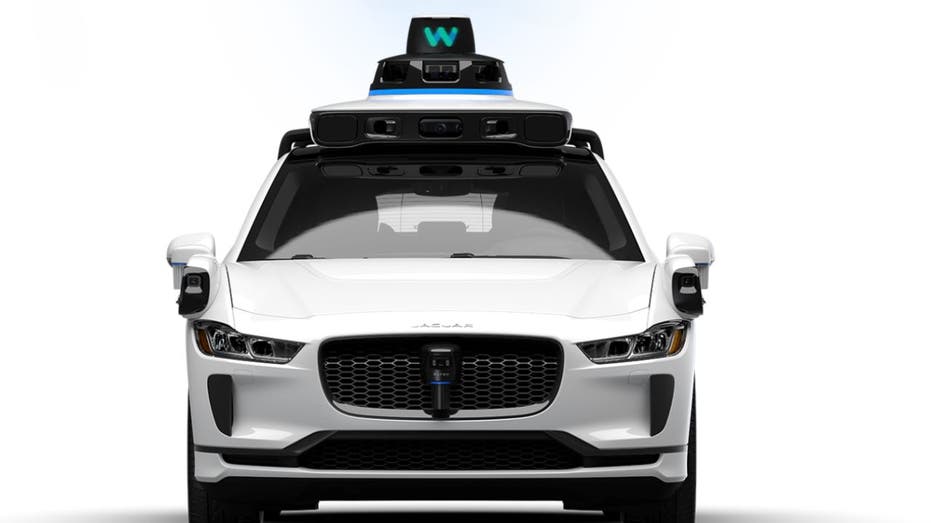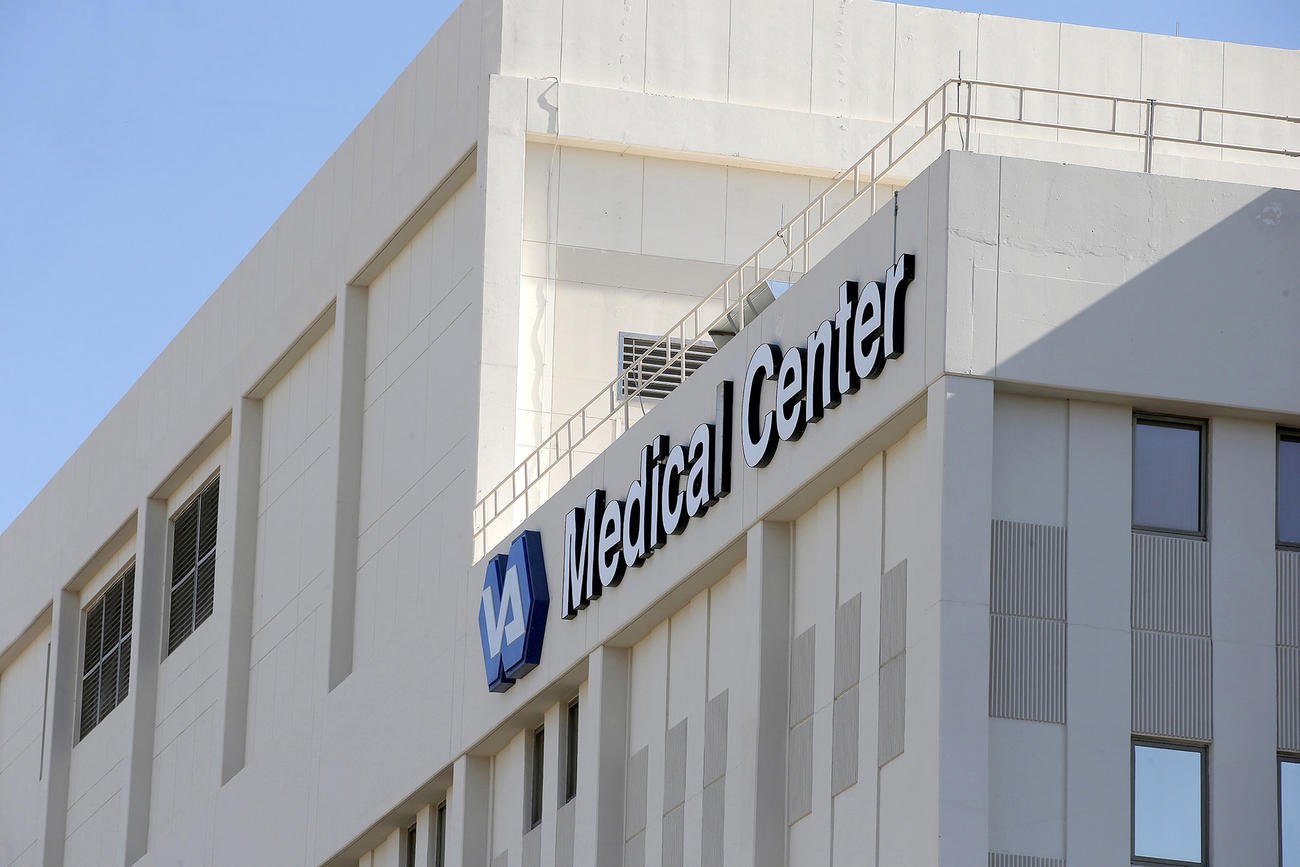Most Americans partly blame high insurance profits for UnitedHealthcare CEO killing: Poll
Nearly 7 in 10 Americans think that profits made by health insurance companies had either a great deal or moderate amount of responsibility for the killing of UnitedHealthcare CEO Brian Thompson earlier this month, a new poll found. Thompson was shot and killed last week outside a midtown Manhattan hotel where UnitedHealth Group was holding its annual...

Nearly 7 in 10 Americans think that profits made by health insurance companies had either a great deal or moderate amount of responsibility for the killing of UnitedHealthcare CEO Brian Thompson earlier this month, a new poll found.
Thompson was shot and killed last week outside a midtown Manhattan hotel where UnitedHealth Group was holding its annual investor conference.
The survey, conducted by NORC at the University of Chicago, found that majority of Americans, 67 percent, placed either a great deal or moderate amount of blame on profits made by health insurance companies, denials for health care coverage by insurance companies, 69 percent, and wealth or income inequality, 53 percent.
Nearly 8 in 10 said that the individual who committed the killing was either a great deal or moderately responsible for Thompson's death, the survey revealed.
Luigi Mangione, the 26-year-old man accused of killing UnitedHealthcare CEO Brian Thompson in Manhattan earlier this month, pleaded not guilty on Monday to the state charges he is facing, including murder.
Less than half of Americans, 41 percent, blamed health insurance layoffs and job losses, while 40 percent took aim at the media and 45 percent said political division in the country was either a great deal or moderate amount to blame, according to the poll.
Twenty-four percent said personal issues in the CEO's life were either a great deal or moderately responsible, according to the survey.
The poll was conducted from Dec. 12 to 16 among 1,001 adults aged 18 and older nationwide. The margin of error was 4.2 percentage points at the 95 percent confidence level.



